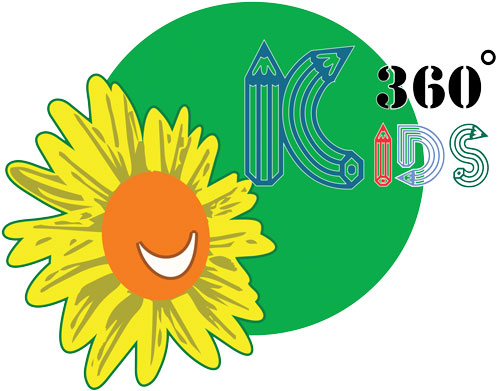Children enter Play School with a diverse range of needs, experiences, and abilities. The rate at which children adapt to the school environment will vary. Our teachers, in their relationships with families, play an essential role in facilitating the transition that children face. Teachers and families also collaborate with other significant partners, such as early childhood educators and school and community resource teams, to ensure the best possible transition to the school environment.
The learning and teaching program provide opportunities for children to discover their strengths, interests, and abilities, put forth their ideas, and develop their relationships with others. Teachers observe the children in their classrooms in order to plan effectively and adjust teaching methods to meet the unique needs of every child.
Understanding of the influence of social and cultural contexts on learning enables teachers to recognize and support the children’s developing competence and to find a variety of ways in which the children can express their achievements.
Expectations for personal and social development are organized under the following subheadings: Self-Awareness and Self-Reliance, Social Relationships, and Awareness of Surroundings.
Young children begin their personal and social development by learning about themselves, about themselves in relationship to others, and about themselves in relation to the world. Social, personal, and emotional growth and learning develop through interactions with others and are interconnected with other areas of development, such as cognitive and motor skills. For example, a small group of children engaged in sorting math manipulatives must follow a problem-solving process both mathematically and socially. Children learn cognitive, motor, and social skills when they role-play at the dramatic play centre, experimenting with a variety of social roles (e.g., store clerk, bus driver, grandparent, frieds). Children learn to persevere and to work independently as they solve puzzles, create sculptures, and construct models.

